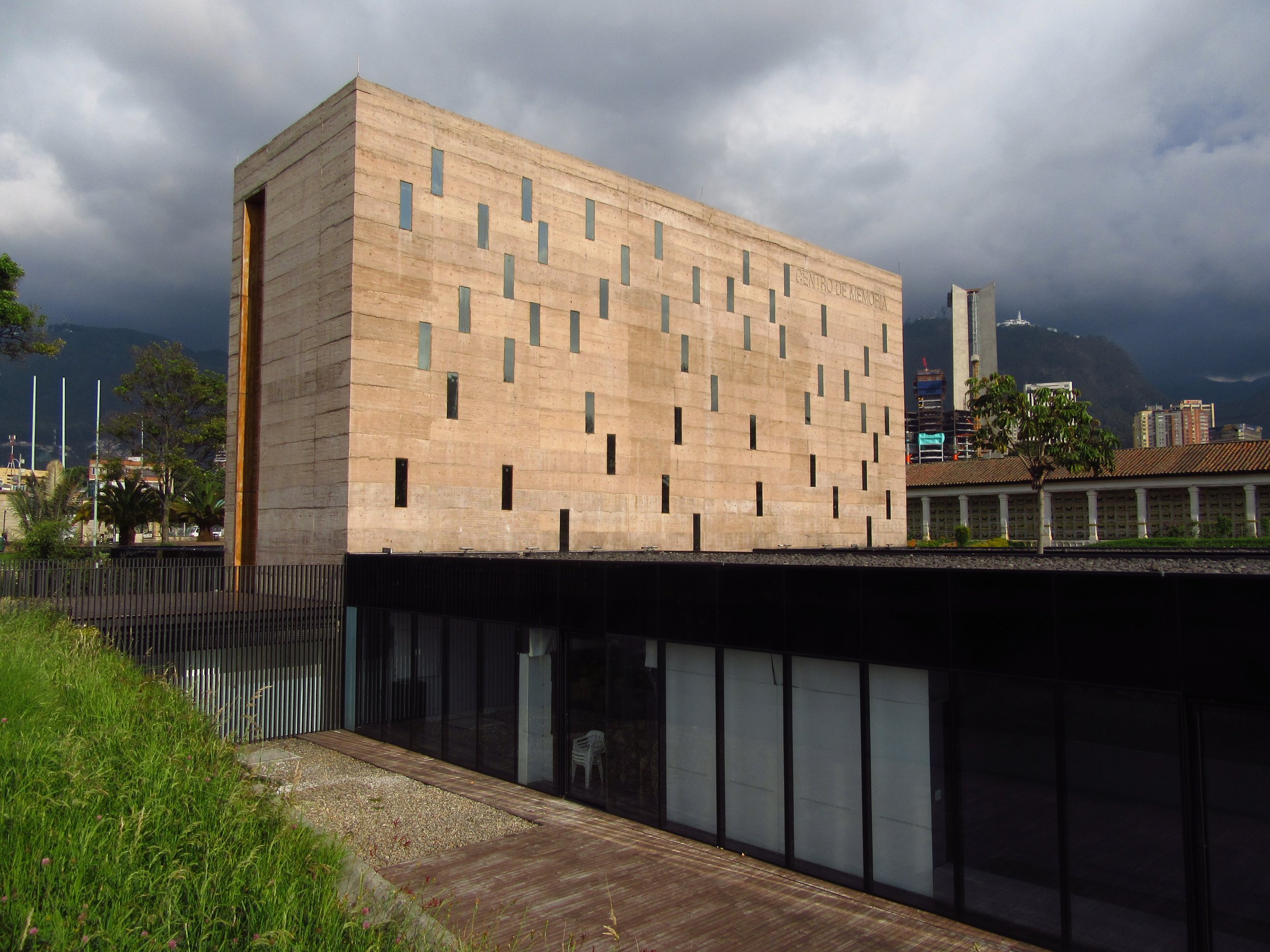Commemoration and Legacy
Legacy
The Colombian conflict resulted in the deaths of 260,000 people and forced nearly seven million people to flee their homes, the second highest number in the world after Syria.
40,000 people disappeared during the conflict.
The five-decade old conflict resulted in a total economic cost of $151 billion, much of this was due to damage to infrastructure, government spending on defence forces and reparations to victims.
The conflict and the peace process significantly divided Colombian society between supporters and opponents of the peace agreement. This was shown during the 2018 Colombian election, where there was disagreement over the future of the peace deal between right-wing candidate Ivan Duque, who opposed and wanted to change the peace plan, and Gustavo Petro, a left-wing candidate who strongly supported the plan.
Petro had to wait until 2022 before being successfully voted into Colombia’s Presidential Office. Petro remains supportive of the peace plan and is committed to implementing the 2016 peace agreement during his premiership.
Commemoration
To commemorate the conflict, every year Colombians celebrate the ‘National Day of Memory and Solidarity with Victims’ on 9th April. People go to church to pray for the dead, do historical tours of places affected by violence, and take part in activities to remember victims of violence.
Memory museums have been set up across the country for ordinary citizens to be able to remember and learn about the conflict as well as commemorate the victims.
Centre for Memory, Peace and Reconciliation, Bogotá
The Centre for Memory, Peace and Reconciliation runs a variety of events and activities for social organisations and victims including artistic projects and the bringing together of a diverse range of voices affected by the conflict.
There is also a National Centre for Historical Memory in Bogotá that contributes to the search for truth for victims and towards lasting peace by documenting materials related to the conflict.
The House of Memory Museum, Medellín
The House of Memory Musuem offers an immersive and reflective experience to help understand what happened during the conflict and create an open dialogue about what the future for Colombia might look like.
The museum highlights the role memories play in building peace and encourages public participation in this process.
Many Colombian activists have turned to artistic and cultural practices to commemorate the conflict, including: written stories of their experiences during the conflict, visual art, photography and theatre performances, as well as visiting places where victims of the conflict were killed.


